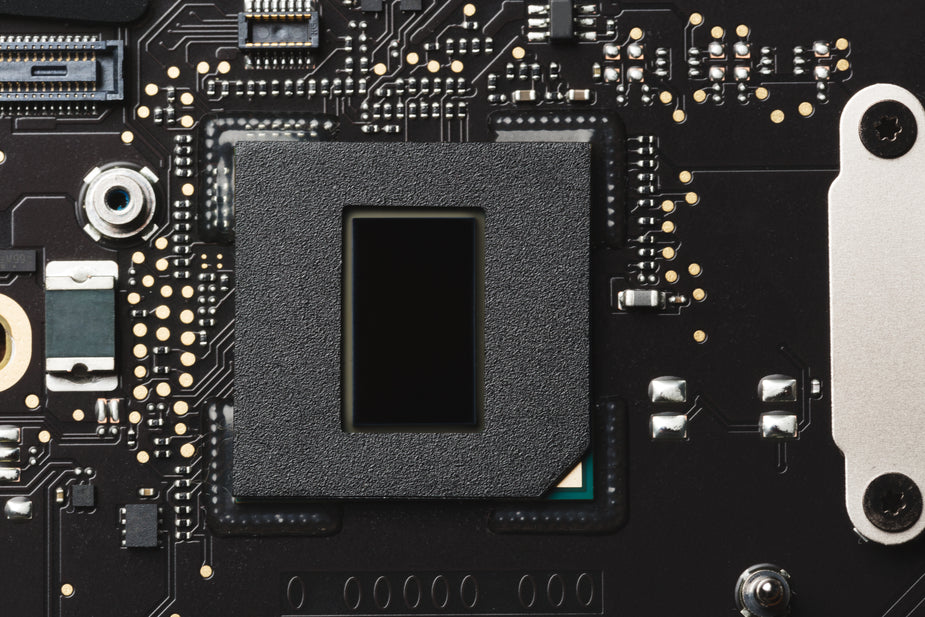With the goal of fostering technology development and research, the law allows resources invested in funds to help other companies and startups scale their businesses
Good entrepreneurs are always looking for new sources of funding that allow them to scale their business. Besides private investments and contributions, there are many federal tax incentive laws that can provide a series of advantages for those who wish to expand the reach of their companies.
The Information Technology Law or “Lei de Informática” (Laws 8,248/1991 and 13,969/2019) is one of them, and is based on tax incentives for electronics companies, according to Annex II of Decree 10,356/20 and Basic Productive Process (PPB).
Beneficiary companies must allocate 4% of gross sales with the products to research and development in technology. In 2018, the IT Law underwent a change that allowed approximately half of this amount to be invested in Equity Investment Funds (FIPs).
“The advantage in directing part of the R&D investments in an Investment Fund is the way the resource is managed, since the beneficiary can count on the support of companies specialized in managing funds focused on technological innovation”, says Alessandro Machado, partner-director of Cedro Capital, an independent resource management company and venture capital that has helped entrepreneurs with investment, financing, strategy, management, and governance.
Machado explains that the first step is to understand that the funds qualified to receive the incentivized investments have to be regulated in MCTIC Ordinance 5,894/2018. This rule defines the criteria on how companies that are beneficiaries of the Informatics Law can apply the resources and how the investments should be directed, in technology-based companies.
The GovTech Fund, an unprecedented initiative in Brazil, which has Cedro Capital and KPTL as co-managers, is aimed at investing in technology companies that are developing innovations and digital transformation associated with public services, in different themes, such as Education, Health, Security, Smart Cities, Environment and Civil Defense, Sanitation, Public Management, Citizenship, Infrastructure and Mobility, Housing, Urbanism, as well as regulatory and legal themes. “Thus, the IT law’s requirements are met, since the main objective is to revert to society technological solutions that transform the daily lives of Brazilians, in the several areas already mentioned,” says the director of Cedro Capital.
In this way, beneficiary companies can invest in the GovTech Fund; besides the tax incentive, they can contribute to the developments of the technology companies that are bringing innovations in these areas, and earn the economic results of the development of the invested companies and the appreciation of the investments.
By investing in the Fund, the companies that are beneficiaries of the IT Law will have access to a set of actions related to investments and support to GovTechs, and can be part of the companies’ corporate venture strategies. The Fund will carry out actions such as innovation events, open calls for startups, pitch days, among other activities with the involvement of the investing companies and the startups. The Fund, still open to new investors, is now starting its investment cycle, and the managers expect to announce the first startups invested in the first quarter. GovTech Fund focus is to continue generating significant funding from the incentive mechanisms of the New IT Law. With the new law, companies in the sector can allocate about half of the total resources they are required to invest in R&D in technology-based companies Venture Capital Funds. The entire technology ecosystem in the country benefits and brings Brazil closer to the best incentive practices.

